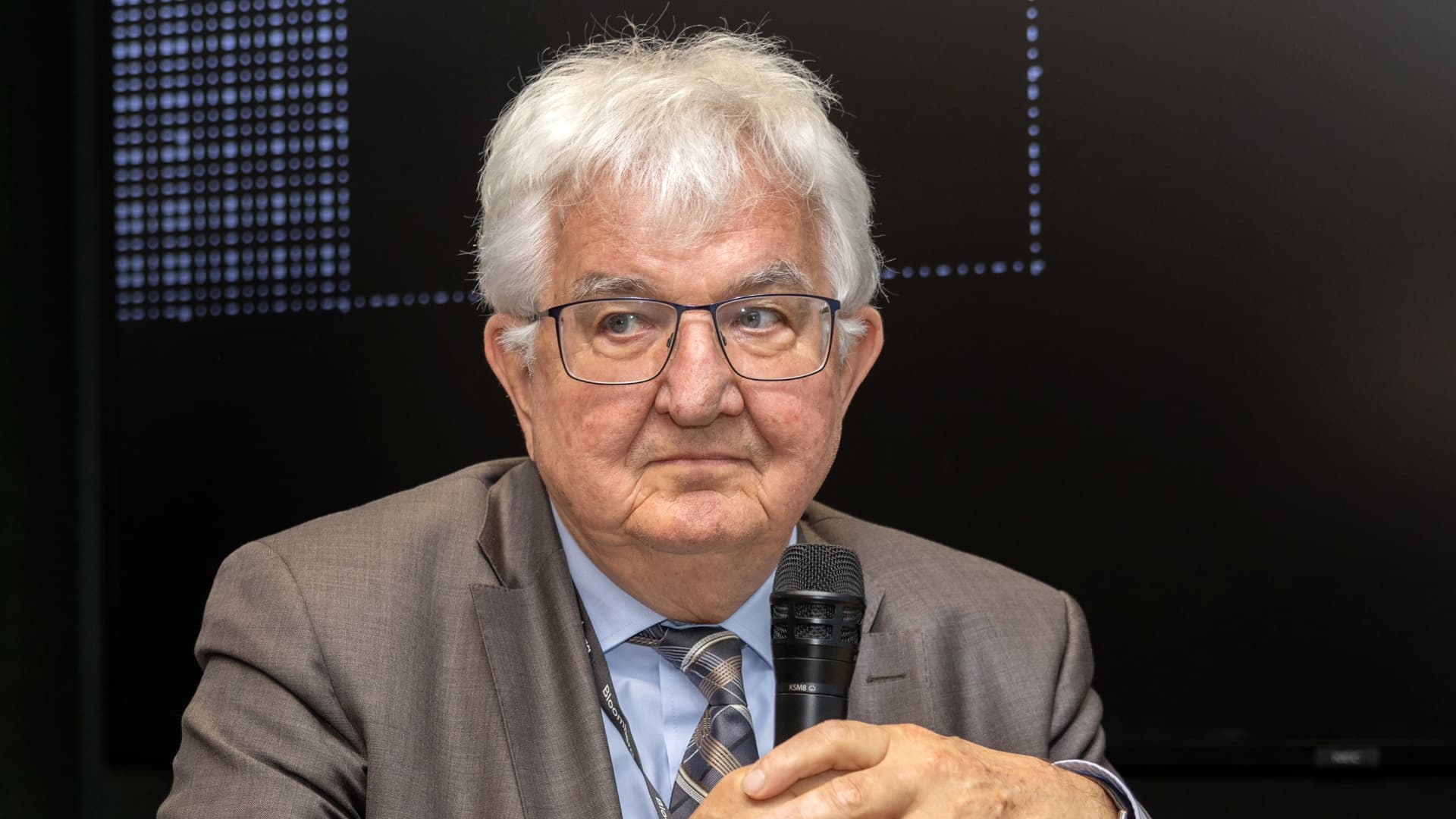The European Central Bank (ECB) is keeping a watchful eye on escalating tensions in the Middle East, as they pose a significant threat to a potential interest rate cut. ECB policymaker Robert Holzmann has identified geopolitics as the “biggest threat” to the bank’s monetary strategy.
Holzmann explains that a disruption in oil supplies due to events like the sinking of a ship in the Strait of Hormuz could lead to a spike in prices. Such a shock would force the ECB to “rethink our strategy” on rate cuts.
Energy Concerns Driving ECB’s Decision
The impact on energy prices is central to the ECB’s inflation-fighting efforts. Holzmann emphasizes that a sudden rise in oil prices would be a “major, major shock.”
Other ECB policymakers share Holzmann’s concerns. Olli Rehn has warned that tensions between Iran and Israel, as well as the ongoing war in Ukraine, pose significant risks. Rehn notes the potential for “escalation of the Middle East conflict” to disrupt monetary policy plans.
Determined Response from Israel
Following Iran’s large-scale air attack on Saturday, Israeli forces have vowed to retaliate. World leaders have urged for restraint in the aftermath of the offensive.
Oil Prices Dip Amidst Demand Worries
Despite concerns over supply disruptions, oil prices have declined in recent trading sessions. The International benchmark Brent crude futures for June delivery are down 1.1%, while U.S. West Texas Intermediate futures for May delivery have fallen 1%.
Cautious Approach from Holzmann
Holzmann, known for his conservative views, believes it is wise not to rush into interest rate cuts. He has recently indicated that the ECB could make a move in June, signaling a growing consensus for a near-term change in policy.
Lagarde Signals Imminent Rate Reduction
ECB President Christine Lagarde has stated that the central bank is approaching a rate reduction, unless major surprises arise.
- Lagarde notes a disinflationary process that is progressing as expected.
- “If we don’t have a major shock in development, we are heading towards a moment where we have to moderate the restrictive monetary policy,” Lagarde said.
- Policymakers and economists anticipate a possible rate cut in June.
ECB Signals Rate Reduction Interest
At its recent policy meeting, the ECB left interest rates unchanged but hinted at potential rate moderation in the future.
The bank stated that it “would be appropriate” to lower its deposit rate if inflation pressures and the impact of previous rate hikes provide confidence in a sustained decline in inflation towards its 2% target.
Differing Expectations from Fed and ECB
While the ECB mulls over rate cuts, investors have tempered their bets on rate reductions from the Federal Reserve (Fed).
Traders now assign a 20% likelihood to a Fed rate cut in June, as inflation data continues to indicate persistent consumer price increases.
In conclusion, the ECB’s decision on interest rate cuts hinges on the uncertain trajectory of geopolitics and its impact on energy prices. While tensions in the Middle East cast a shadow over any immediate rate reductions, the central bank remains committed to its inflation-fighting mandate and is preparing to adjust monetary policy accordingly.





















